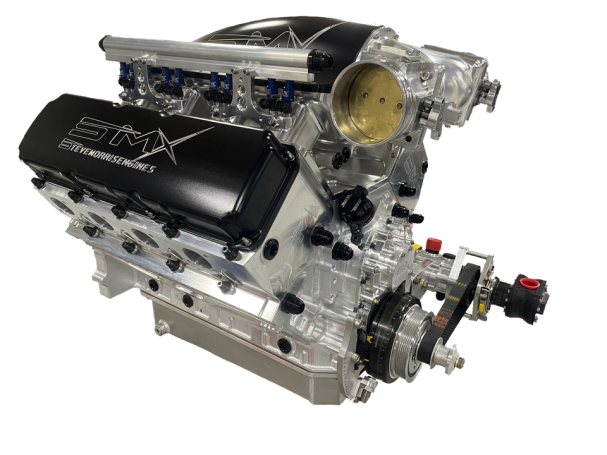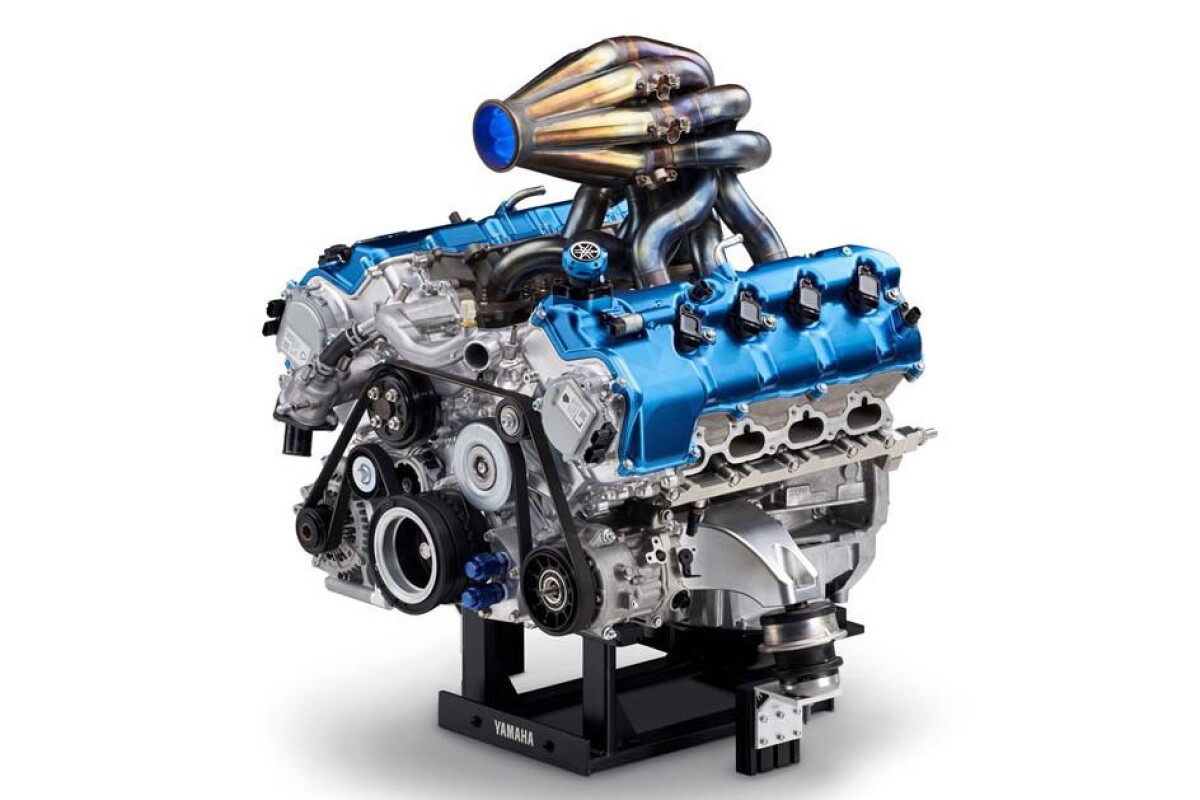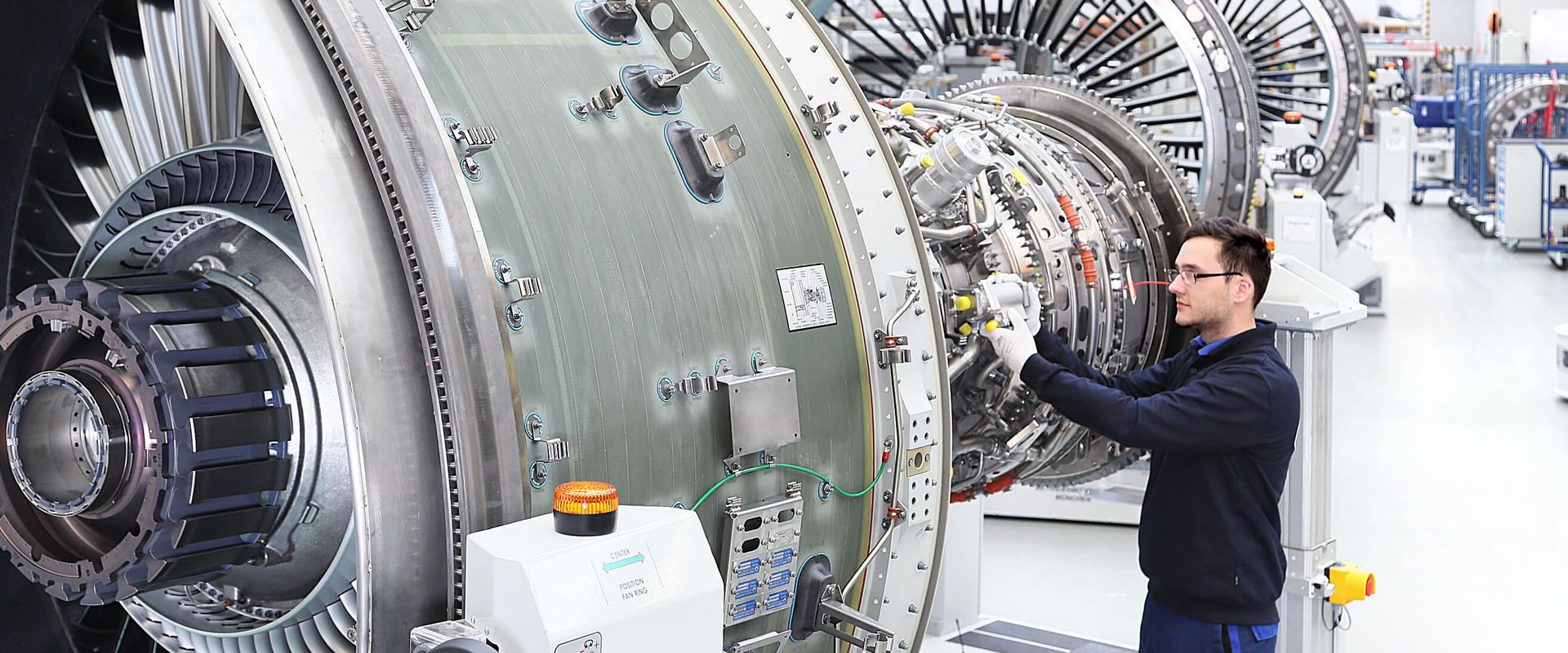Engines For Africa: Top Selection for Automotive Enthusiasts
Engines For Africa: Top Selection for Automotive Enthusiasts
Blog Article
Discover a Vast Array of Engines for each Car and Function
The automobile landscape is increasingly complicated, with a varied variety of engine kinds made to fulfill specific performance and efficiency requirements across numerous vehicle categories. Furthermore, durable engines serve the requirements of job vehicles, while eco-friendly alternatives are acquiring traction in the quest of lasting transportation.
Kinds Of Automotive Engines
Automotive engines can be classified into several unique types, each developed to fulfill specific efficiency and efficiency demands. One of the most common classifications consist of interior burning engines, electrical engines, and hybrid systems.

Electric engines, on the other hand, operate electric power saved in batteries, offering instantaneous torque and no exhausts. These engines are ending up being increasingly preferred because of advancements in battery modern technology and the expanding emphasis on sustainability.
Crossbreed systems combine both internal burning and electric engines, allowing vehicles to enhance gas effectiveness and reduce discharges by perfectly switching over between power resources. Each engine type offers its advantages and downsides, affecting elements such as car layout, planned use, and market demand. Understanding these differences is crucial for customers and suppliers alike when selecting the suitable engine for their certain demands.
Performance Engines for Sports Cars
Performance engines for sports automobiles are particularly engineered to provide improved power, speed, and agility, setting them apart from basic automobile engines. These engines typically use sophisticated modern technologies such as turbocharging, turbo charging, and variable shutoff timing to make the most of effectiveness and responsiveness.
Usually, efficiency engines are created with greater compression ratios, which enable for higher power extraction from gas. This results in remarkable horsepower and torque numbers, enabling quick acceleration and higher leading rates. The light-weight materials used in these engines, such as light weight aluminum and carbon fiber, contribute to reduced general vehicle weight, boosting handling and maneuverability.
Engine configurations like V6, V8, and also hybrid systems prevail in efficiency cars, each offering distinct benefits in regards to power delivery and driving characteristics. The tuning of these engines is additionally important; numerous producers optimize the engine administration systems to provide an exhilarating driving experience, usually including sporting activity modes that change throttle feedback and gear changes.
Efficient Engines for Daily Commuters
In the realm of day-to-day commuting, effective engines play a critical role in enhancing fuel economic climate and minimizing discharges while giving trustworthy performance. As urban populations grow and ecological issues escalate, the demand for cars furnished with reliable powertrains has actually risen.
Modern engines designed for daily commuters commonly include modern technologies such as turbocharging, straight fuel injection, and hybrid systems. Turbocharging enhances engine effectiveness forcibly even more air into the burning chamber, permitting smaller, lighter engines that do not jeopardize power outcome. Straight fuel injection improves fuel atomization, resulting in better combustion and increased efficiency.
Hybrid engines, combining internal burning with electrical power, more boost gas economic situation, specifically in stop-and-go website traffic, where traditional engines can deal with ineffectiveness. Electric electric motors help throughout acceleration and can run independently at reduced speeds, reducing total fuel usage.
Additionally, innovations in engine monitoring systems and lightweight materials contribute dramatically to effective engine design. By concentrating on efficiency, longevity, and ecological sustainability, producers remain to provide engines that not only fulfill the demands of daily travelling but additionally line up with international initiatives to decrease carbon impacts.
Heavy-Duty Engines for Work Autos
Durable engines for work automobiles are routinely crafted to provide extraordinary torque and reliability under requiring conditions. These engines are made to do in environments where typical engines might falter, such as construction websites, logging procedures, and agricultural settings. The main emphasis of heavy-duty engines is their capacity to generate high degrees of power while keeping resilience over expanded periods of operation.
Typically, durable engines make use of advanced materials and durable construction methods to hold up against the rigors of heavy work. Features such as reinforced cylinder blocks, improved air conditioning systems, and progressed fuel shot innovations add to their efficiency. These engines often operate at reduced RPMs, which assists to enhance gas performance while providing the necessary power for pulling and carrying.
In addition to mechanical robustness, durable engines are commonly outfitted with innovative digital control devices (ECUs) that manage performance, emissions, and diagnostics. This integration permits far better surveillance and upkeep, making certain you can try here that job lorries continue to be efficient and operational.
Eventually, durable engines are an essential element in the efficiency of numerous sectors, offering the required power and dependability to deal with the most difficult of tasks.
Eco-Friendly Engine Options
The expanding focus on sustainability has actually brought about the growth of eco-friendly engine options that prioritize reduced exhausts and enhanced fuel efficiency. These engines are designed to lessen the ecological influence of lorries while still supplying the performance and integrity expected by consumers.
Among one of the most remarkable eco-friendly alternatives are electric and hybrid engines. Crossbreed engines integrate conventional interior combustion engines with electric propulsion, allowing for lowered gas usage and reduced greenhouse gas emissions. Electric engines, on the other hand, run totally on battery power, generating absolutely no tailpipe discharges and adding to cleaner air quality.
An additional encouraging growth is the development of biofuel engines, which use renewable energies, such as plant products, to power automobiles (Engines For Africa). By making use of biofuels, these engines can lower dependence on nonrenewable fuel sources and reduced total carbon impacts

As the vehicle market develops, environment-friendly engine options will play a crucial duty in driving the change towards more lasting transportation services.
Verdict
The auto sector provides a diverse selection of engines created to satisfy various lorry requirements and purposes. From high-performance engines that boost cars capacities to effective models focusing on fuel economy for everyday commuters, each kind serves a details function. Sturdy engines accommodate robust job cars, while environmentally friendly alternatives, such as electric and biofuel engines, advertise sustainable transport. This extensive range makes certain that all driving demands are addressed, adding to developments in automotive modern technology and environmental stewardship.

Report this page